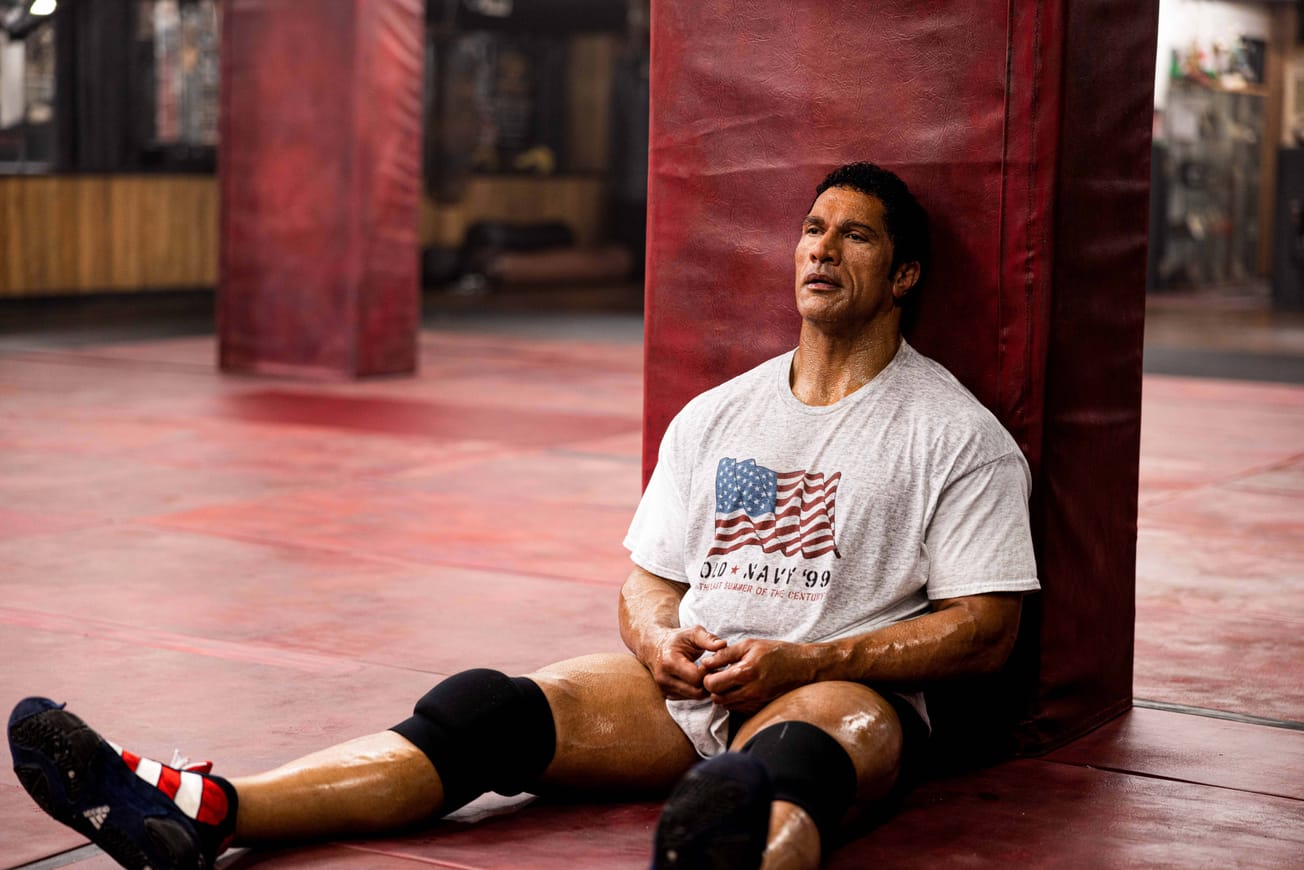What the Health and Cowspiracy are just two of the most well-known vegan documentaries, but do they inspire or condescend the public?
Gone are the days when veganism simply conjured ideas of pious hippiedom, dry salads and scary Peta activists. Now, to be vegan is virtually a fashion statement; just look at the spread of YouTubers who rake in thousands of views documenting their aesthetically-pleasing, guilt-free lifestyles.
While fashions dissipate over time, and YouTubers in general make me queasy, there is cause for the environmentally-conscious to celebrate: this shift away from meat-consumption feels more deeply ingrained and long-term than just another fad. In fact, the number of vegans has increased by 160 per cent in the last ten years, and vegan supermarket ranges are multiplying. I am heartened by this, even as a lowly pescatarian, since it is clear the environmental cost of creating animal products (including, tragically, cheese) is fairly legendary. Thankfully attitudes seem to be changing, but that prompts the question: why the sudden vegan explosion?
The documentary acts as though science is finished, and we have the answers to a long and happy life
The viral popularity of pro-vegan documentaries certainly looks like one of the causes in bringing the lifestyle into the mainstream. They are extremely prevalent on Netflix, home to Cowspiracy, Forks Over Knives, Food Choices, Food Inc.’, Live and Let Live, What the Health, and countless others. Having previously studiously avoided these documentaries, preferring to spend 90 minutes of my life doing literally anything other than watch grey-scale footage of depressed cows, I thought I should watch at least one to determine whether they are really a force for good in promoting a meat-free lifestyle.
I chose What the Health, directed by and starring Kip Andersen, who was also behind the similarly wave-making Cowspiracy; I was attracted to the controversy that surrounded What the Health when it came out last year, which included various rebuttals of its science. Indeed, What the Health doesn’t hold back with its incendiary, seemingly logic-defying claims, including but not limited to: an egg is as bad as five cigarettes, and milk causes osteoporosis.
The viewer is bombarded with one serious-looking expert with ‘M.D’ after their name after another, expounding with dramatic certainty the link between consuming animal products and an early death. Gruesome footage of meat production, and moody background music and colour pallet lend the documentary an intense horror-movie feel. You’re bludgeoned with terrifying assertions that what you’re eating is killing you and the planet, and it kind of works.
By the end I felt sufficiently disgusted to give up meat, dairy and eggs forever. Or so I thought, until about five minutes after viewing when the queasy feeling wore off. The flaw inherent in this film and so many similar ones is that it relies so heavily on shock and awe, that it isn’t quite able to actually overcome any deeper-seated skepticism. A change to a vegan diet is presented as the answer to every ill, but surely our biology is more complicated than that? It is accepted by scientists that we barely know anything about what food is really good for us, or bad for us.
Take care of your ticker! #wth #valentines #love #health pic.twitter.com/8AuV7GQ4Jj
— WHAT THE HEALTH (@wthfilm) February 14, 2018
The documentary acts as though science is finished, and we have the answers to a long and happy life; this dogmatic certainty is more suited to cultish religions like scientology. Lots of the people in the documentary are nutritionists who promote veganism, or people with vegan cookbooks to sell; there’s little sense of a real scientific consensus around the health benefits of veganism, just a bunch of people who happen to really, really think that your latte is poisoning you.
I’m all for more people cutting out meat, however What the Health’s anti-science and argument for foods like eggs and fish as life-threatening may well taint the movement as another dangerous fad diet. Its attitude to food promotes a dangerous kind of paranoia over what it’s okay to eat, which may be conducive to eating disorders. Instead, we should promote the environmental argument, since the ecological imperative of cutting down on meat is so great and is less dependant on dodgy science. The health argument for veganism evidently only leads us into murky waters.
Photo credit: Ghost Website
By Will Snelling









